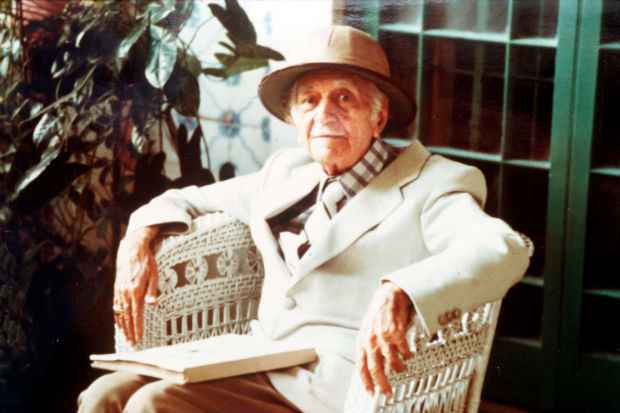
However, he didn’t limit himself to discussions of culture and cultural mixing, making bold claims about the political and social significance of this mixing as well as its implications for Brazilian national identity.

Having been influenced by the cultural anthropology of Franz Boas while studying as a postgraduate at Columbia University, Freyre sought to chart the melding and borrowing that had taken place in Brazil along cultural lines. His upbringing in the northeast of Brazil where, from the sixteenth century, plantation society had taken root, would be important to both the focus of his work and the nature of his assertions. Englisch.Gilberto Freyre (1900–1987) was born in 1900 in Recife, the principal city in Pernambuco, the oldest region of colonial Brazil. His interest in gender, ethnicity, hybridity, identity, globalization, and capitalism ensures that his ideas are still provocative and topical, and ready to be introduced to a wider audience.

His ideas are of particular relevance today for both political and academic reasons. Freyre was a major social thinker, one of the few who have not come from Western Europe or the USA, and this book argues that we should take account of the pioneering work of this gifted intellectual.

The Masters and the Slaves, his most famous work, went through forty editions and has been translated into nine languages, made into a comic book and a television miniseries, while two directors (one of them Robert Rossellini) planned to turn it into a film. He was a cultural critic, with a good deal to say about architecture, past and present, and a public intellectual, whose pronouncements on race, region and empire - not to mention sex - made him famous in some quarters and notorious in others. He was active as a sociologist, a historian, a journalist, a deputy in the Brazilian Assembly, a novelist, poet and artist. Druck auf Anfrage Neuware - Printed after ordering - Gilberto Freyre was arguably the most famous intellectual of twentieth-century Latin America.


 0 kommentar(er)
0 kommentar(er)
